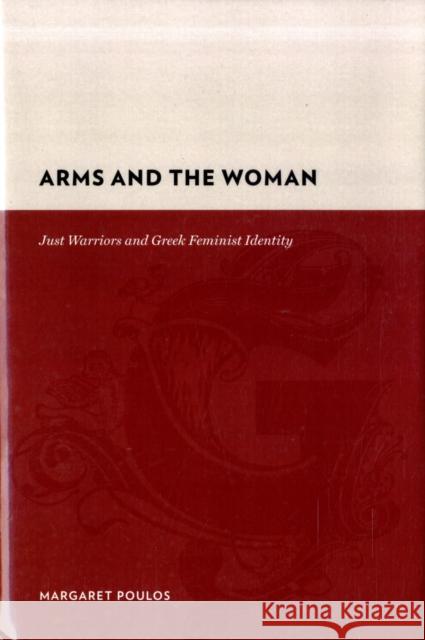Arms and the Woman: Just Warriors and Greek Feminist Identity » książka
Arms and the Woman: Just Warriors and Greek Feminist Identity
ISBN-13: 9780231135542 / Angielski / Twarda / 2009 / 350 str.
The image of a woman bearing arms is a potent symbol of modern Greece's nation-building conflicts. Margaret Poulos traces the influence of this image on Greek feminist discourse from the mid-nineteenth century to the 1970s and 1980s. The study begins with the heroines of the 1821 Revolution and the extent to which Greek protofeminism capitalized on this legacy. Poulos then explores the role of partisan women in the communist-led resistance movement during World War II and Greece's subsequent collapse into Civil War, which saw a striking and controversial increase in the number of women fighting in the ranks of the partisan army. In conclusion, Poulos examines the way in which postwar feminism engaged, ignored, or reconciled this fraught history. Poulos's unique focus coherently connects a series of historical events otherwise separated by a hundred and fifty years at both extremes. The image of a woman-in-arms has long been a source of fascination for its embodiment of an inherent contradiction--the fragility and passivity of the feminine and the menace and violence of the gun. Poulos probes both the myth and reality of these representations within the context of Greek history, and the specific ways in which their symbolic power has been utilized by feminists, nationalists, and others to advance at times diametrically opposed political agendas. Therefore, while demystifying highly celebrated images, she also illuminates the contributions and experiences of the marginalized, shedding important light on the historical significance of women's agency.











